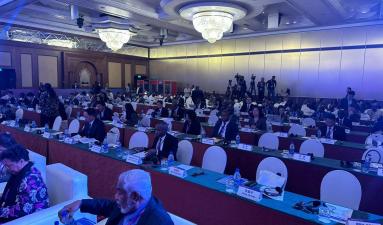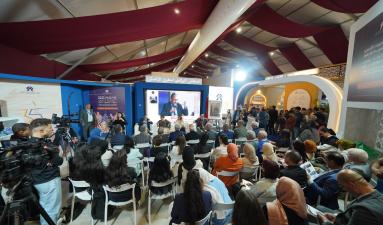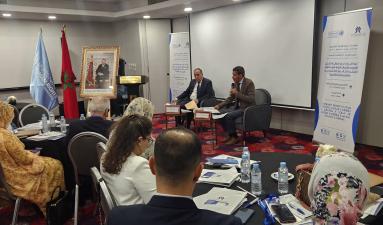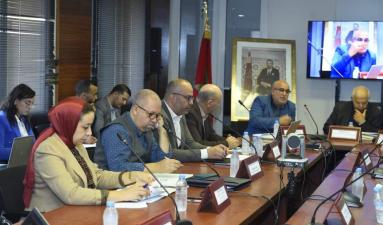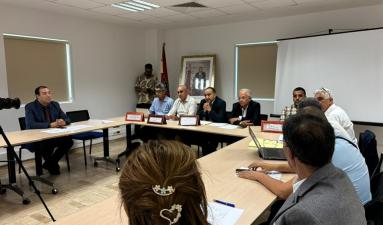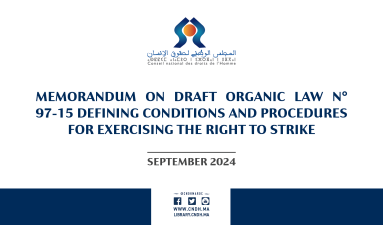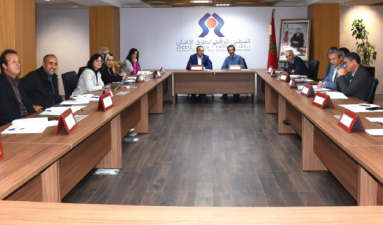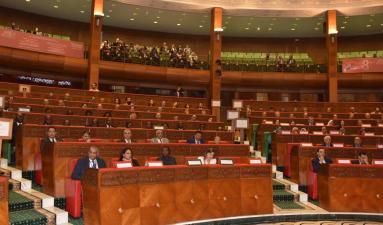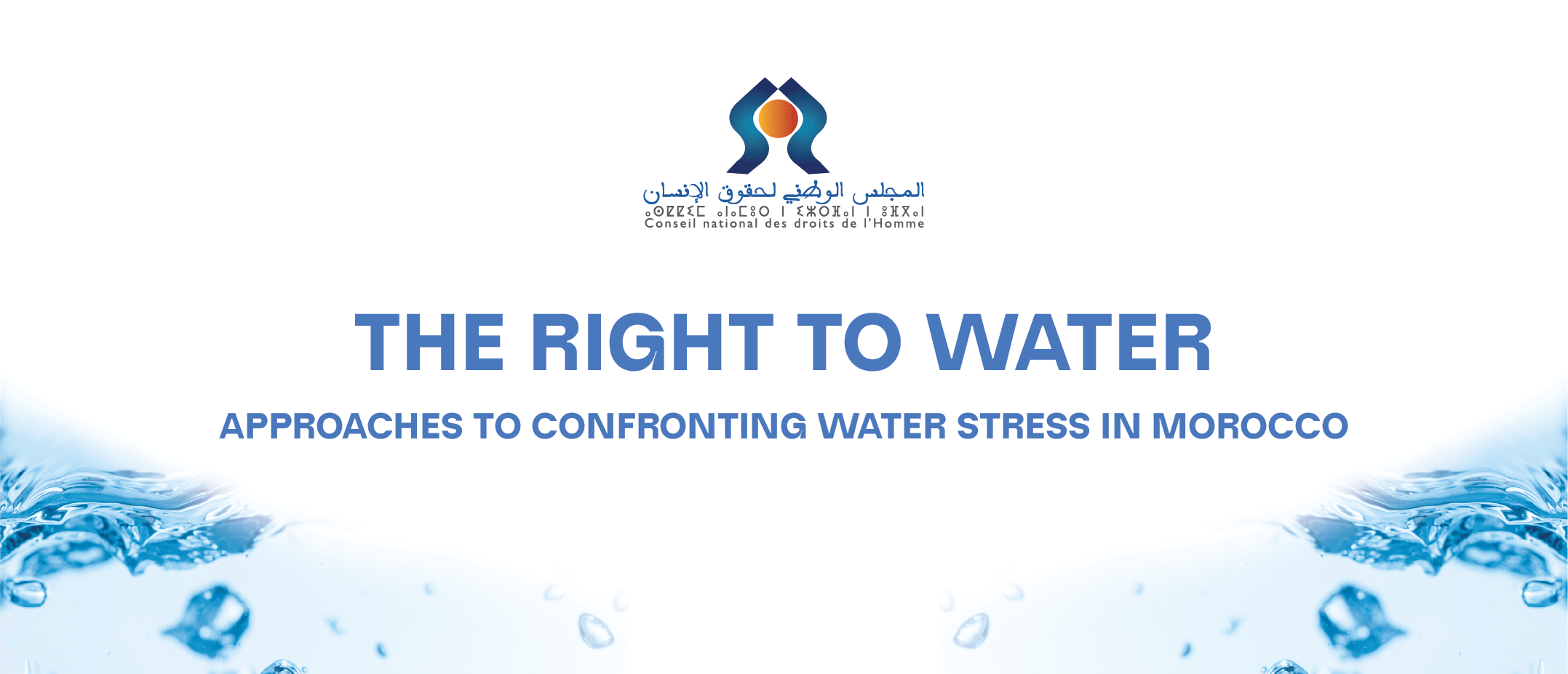
The world commemorates the World Water Day on 22 March each year. This year’s theme is “Water for Peace,” emphasizing the crucial role that water plays in fostering global peace, stability and prosperity. It also inspires actions and measures to address the global water crisis.
Ms. Amina Bouayach, Chairperson of the National Human Rights Council (CNDH), stated that the key to ensuring the effectiveness of the right to water and sanitation for both current and future generations lies in changing management approaches to stop water stress, optimizing the use of this natural resource for social stability, and guaranteeing everyone’s right to access sufficient and safe water.
The CNDH is aware that dwindling water resources have imposed on the world the transition from managing abundance to managing scarcity, more than ever. This change is crucial to sustain this essential resource and protect the right of future generations to water. Within this context, the CNDH has consistently advocated for ensuring the effectiveness of the right to water. In October 2022, it published its memorandum on “The Right to Water- Approaches to Confronting Water Stress in Morocco.”
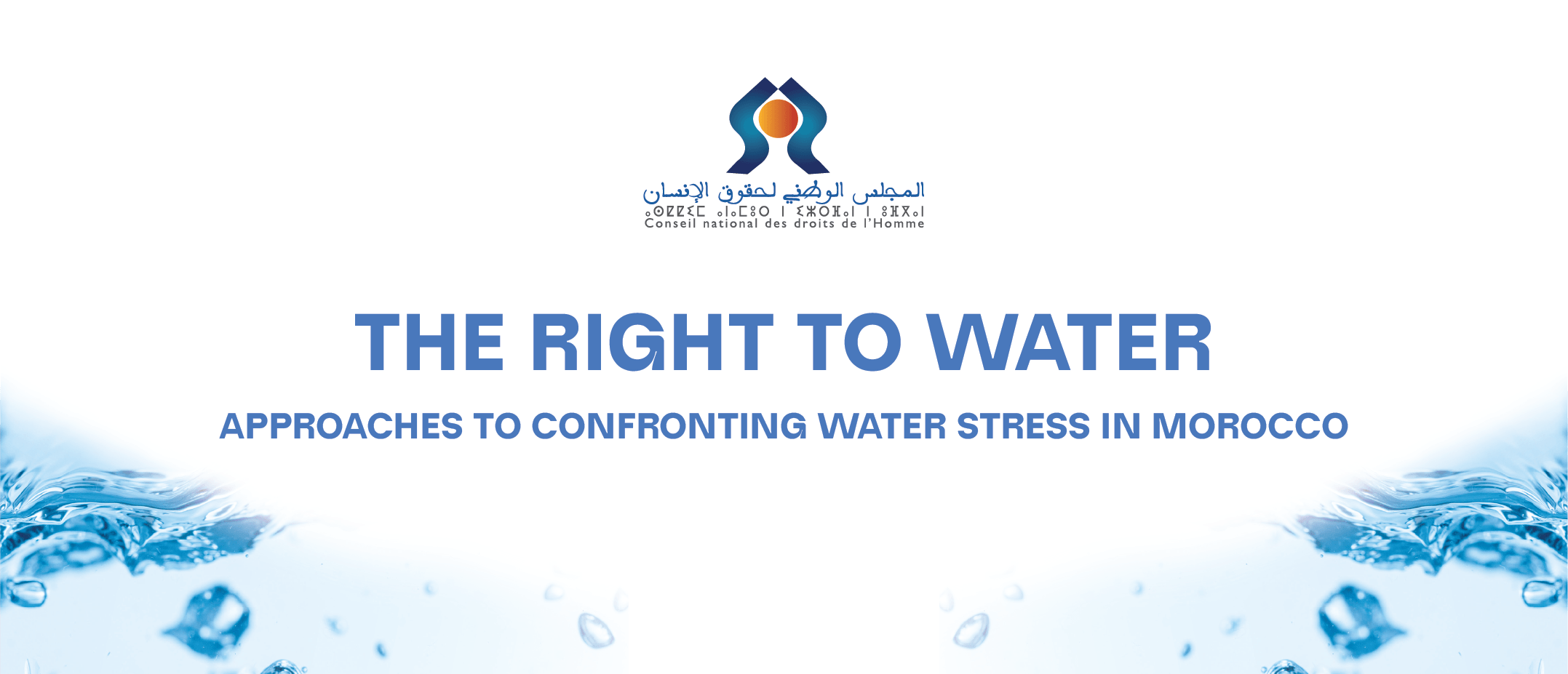
The CNDH addressed this memorandum to relevant institutions and various stakeholders engaged in water security and the right to water. Additionally, the CNDH shared its memorandum with national public opinion.
This memorandum highlights the UN principles related to protecting the right to water and the legislative framework regulating the management of water resources and public policies (Law No. 36-15 on water). It also sheds light on the Moroccan Constitution, which explicitly enshrines the right to water in Chapter 31.
To confront the threat of water stress and prevent descending into a state of water scarcity, the CNDH presents various strategies and immediate measures in its memorandum to protect the right to water.
These recommendations include:
-Dealing with drought as a structural issue rather than circumstantial;
-Stressing the priority of food security and protecting the right of future generations to water resources;
-Reassessing the development model that centralizes the agricultural sector;
-Encouraging investment in scientific research related to climate and water challenges;
-Enhancing governance in the water sector;
-Optimizing domestic water usage;
-Exploring alternatives to water-intensive crops and reviewing the existing agricultural model; etc.
World Water Day focuses, among other things, on supporting the achievement of Goal 6 of the Sustainable Development Goals (SDGs), which aims to ensure the availability and sustainable management of water and sanitation for all by 2030. It also aims to improve water quality by reducing pollution, recognizing that access to water as a fundamental human right and a precondition for the enjoyment of other rights.
It is noteworthy that the United Nations Human Rights Council established the mandate of the Special Rapporteur on the human right to safe drinking water and sanitation in 2008 to contribute to defending this right.
Download the memorandum (Available in Arabic)

